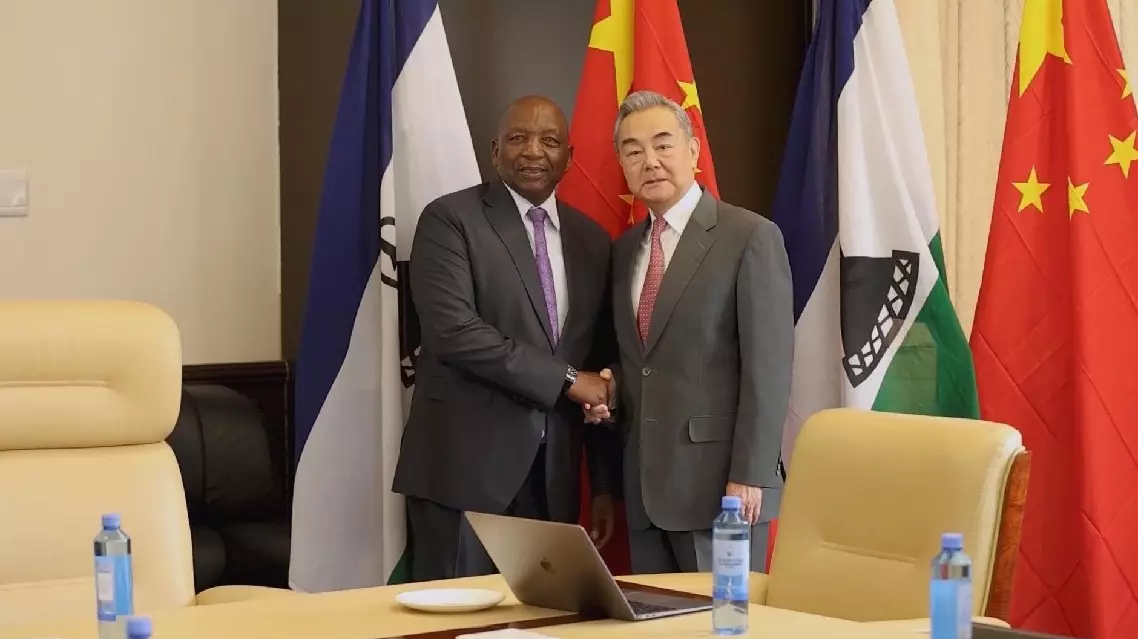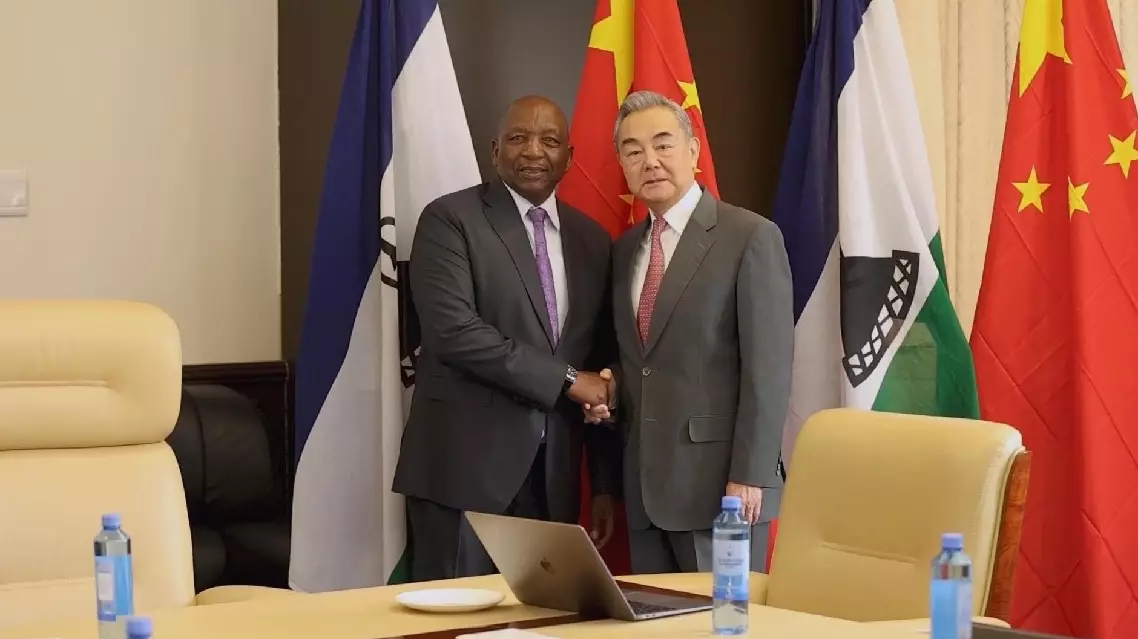China's national vegetable basket price index reached 125.78 in January, 3.26 points higher from the previous month. This rise was largely driven by seasonal increases in vegetable prices, according to the Ministry of Agriculture and Rural Affairs.
In January, the average wholesale price of 28 key monitored vegetables across the country was 5.32 yuan (about 0.73 U.S. dollars) per kilogram, a 5.3 percent rise from the previous month and a 2.7-percent increase year on year. Among these, five types of vegetables saw price declines month on month, while 23 experienced price hikes. Notably, cauliflower, green beans, bell peppers, lettuce, and eggplant saw price increases of over 10 percent.
"There was a seasonal rise in vegetable prices in January. For one thing, the volume of vegetables transported from the south to the north went up during the Spring Festival holiday, which translated into higher costs in temperature control and transportation. For another, the production cost of greenhouse-grown vegetables in the north is higher than that of open-field varieties. Additionally, consumer spending during the festival period has also contributed to the uptick in price," said Zhang Jing, a researcher at the Institute of Agricultural Information of the Chinese Academy of Agricultural Sciences.
Zhang added that the total growing areas for vegetables nationwide is slightly higher than in the previous year, and the production and supply foundation for winter and spring vegetables is relatively solid. The seasonal price increase in January was relatively mild compared to previous years.
"Since the Spring Festival, a cold wave has lingered across the country, with temperatures in most regions lower than the average readings for this period. This will affect the growth and transportation of vegetables. The prices of some vegetable may rise further in the short term and in some areas," Zhang said.

Vegetable prices go up in Jan due to seasonal factors
Visiting Chinese Foreign Minister Wang Yi said Saturday China is willing to work with Lesotho to strengthen exchanges on governance experience, enhance coordination in multilateral affairs, and advance the China-Lesotho strategic partnership.
Wang, also a member of the Political Bureau of the Communist Party of China Central Committee, made the remarks when meeting with Lesotho Prime Minister Sam Matekane in the capital of Lesotho.
During the meeting, Wang congratulated Lesotho on the 60th anniversary of its independence this year, and spoke highly of Lesotho government's efforts to prioritize economic development and steer the African country onto a path of sustainable growth. Since the Beijing Summit of the Forum on China-Africa Cooperation (FOCAC) in 2024, the two sides have advanced cooperation under the 10 partnership action plans unveiled at the summit, successfully implementing a number of key projects to effectively promote Lesotho's development and revitalization, Wang said.
China stands ready to work with Lesotho to strengthen exchanges on governance experience, enhance coordination in multilateral affairs, and push for greater development of the China-Lesotho strategic partnership, he added.
Calling on the two sides to firmly support each other, Wang said that China will accelerate the implementation of its zero-tariff policy for African countries, including Lesotho, expand bilateral trade, investment and industrial cooperation, facilitate broader access of Lesotho's specialty products to the Chinese market, and continue to support Lesotho's national development.
China will continue to stand firmly with African countries, uphold justice for the Global South, including Lesotho, oppose unilateralism and acts of bullying, and work together to build a community with a shared future for humanity, Wang said.
On his part, Matekane said during the meeting that Lesotho cherishes its friendship with China and the strategic partnership between the two countries, and expressed gratitude for China's valuable support for the development of African countries, including Lesotho.
Lesotho firmly adheres to the one-China principle and resolutely supports China in safeguarding its core interests, he said, noting that his country stands ready to strengthen strategic mutual trust with China, expand people-to-people exchanges, jointly implement the outcomes of the FOCAC Beijing Summit, and deepen cooperation in areas such as infrastructure, manufacturing and energy.
Matekane stressed that China's zero-tariff policy for African products will inject new impetus into Lesotho's development. He also expressed Lesotho's willingness to strengthen solidarity and cooperation with China on multilateral platforms such as BRICS to jointly address global challenges.
On the same day, Wang also held talks with Lejone Mpotjoana, minister of foreign affairs and international relations of Lesotho.

China, Lesotho to strengthen exchanges, advance cooperation

China, Lesotho to strengthen exchanges, advance cooperation











